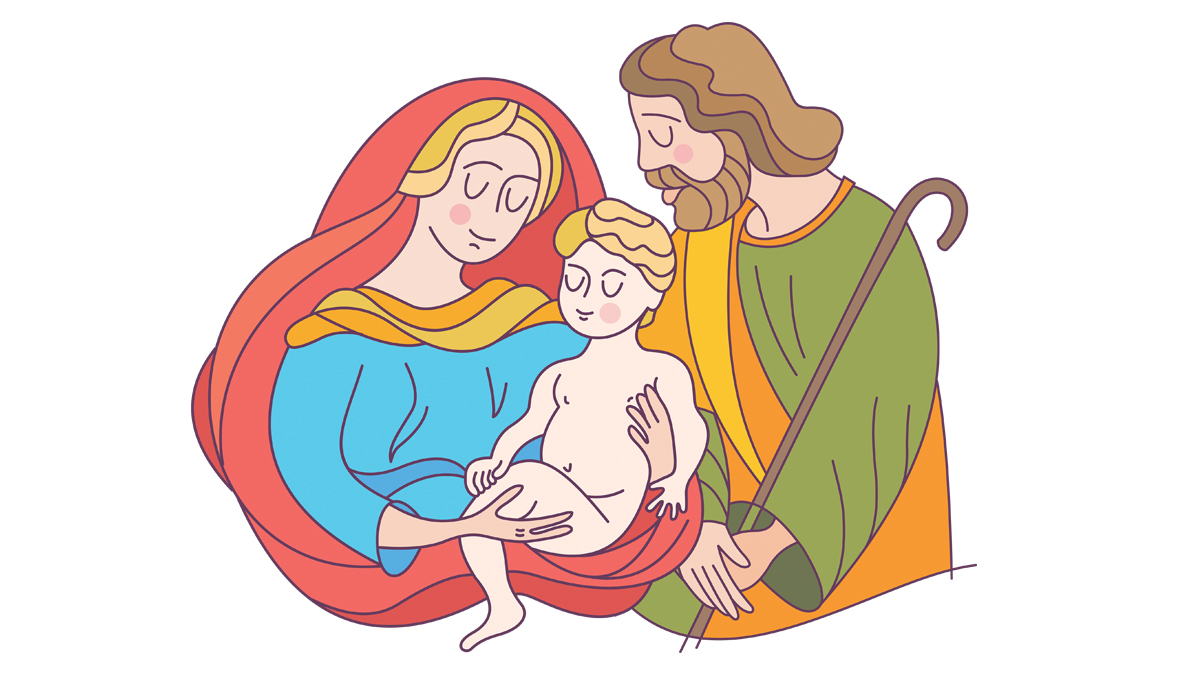Para Dios no es sólo una etapa biológica, sino una actitud del alma
Cuando escuchamos la palabra juventud, solemos pensar en energía, novedad y sueños por cumplir, sin embargo, en el corazón de Dios, la juventud no es sólo una etapa biológica, sino una actitud del alma.
Un “espíritu joven” en la Biblia no depende de los años que llevamos vividos, sino de la disposición que tenemos para dejarnos renovar por él cada día.
1. Renovados desde adentro
La verdadera juventud empieza cuando nos encontramos con Jesús, su amor nos hace nuevos.
Cuando nacemos, nuestro espíritu se refresca, se despierta.
Como dice 2 Corintios 4:16, “aunque por fuera nos vamos desgastando, por dentro nos vamos renovando día tras día”, y así es: Dios no busca piel firme, sino corazones sensibles a su voz.
2. Aprender como niños
Un espíritu joven tiene hambre de aprender, no se conforma. Tiene esa chispa de querer conocer más de la Palabra, de entender cómo ama Dios, de preguntarse cómo vivir mejor cada promesa. Es como ese corazón que se mantiene enseñable, humilde y dispuesto a crecer.
3. Soñar con esperanza
La juventud también es esperanza y en Dios, nunca es tarde para volver a soñar. Él plantea nuevas visiones incluso en los que ya se sentían agotados. Joel 2:28 lo confirma: “vuestros ancianos soñarán sueños, y vuestros jóvenes verán visiones”.
Dios no deja de hablar ni de inspirar a quienes tienen un espíritu dispuesto.
No importa si tienes 18 o 68 años. Hoy puedes pedirle a Dios que te regale un espíritu joven, que refresque tu fe, tus sueños, tu manera de ver la vida, porque los que confían en el Señor “renovarán sus fuerzas; levantarán alas como las águilas, correrán y no se cansarán, caminarán y no se fatigarán” (Isaías 40:31).
A Youthful Spirit Gives You Life
For God, it’s not just a biological stage but an attitude of the soul.
When we hear the word youth, we often think of energy, freshness, and dreams yet to be fulfilled. However, in God’s heart, youth is not just a biological stage — it’s an attitude of the soul.
A “youthful spirit” in the Bible does not depend on how many years we’ve lived, but on our willingness to be renewed by Him each day.
1. Renewed from Within
True youth begins when we encounter Jesus; His love makes us new.
When we are born again, our spirit is refreshed, awakened.
As 2 Corinthians 4:16 says, “Though outwardly we are wasting away, yet inwardly we are being renewed day by day.” And it’s true: God is not looking for firm skin, but for hearts sensitive to His voice.
2. Learning Like Children
A youthful spirit has a hunger to learn; it isn’t content with staying the same. It carries that spark — the desire to know more of the Word, to understand how God loves, to ask how to live out each promise better. It’s the kind of heart that remains teachable, humble, and willing to grow.
3. Dreaming with Hope
Youth is also about hope, and in God, it’s never too late to dream again. He gives new vision even to those who feel worn out. Joel 2:28 confirms it: “Your old men will dream dreams; your young men will see visions.”
God never stops speaking or inspiring those who have a willing spirit.
It doesn’t matter whether you are 18 or 68. Today, you can ask God to give you a youthful spirit — to refresh your faith, your dreams, your way of seeing life — because those who trust in the Lord “will renew their strength; they will soar on wings like eagles, they will run and not grow weary, they will walk and not be faint.” (Isaiah 40:31)

